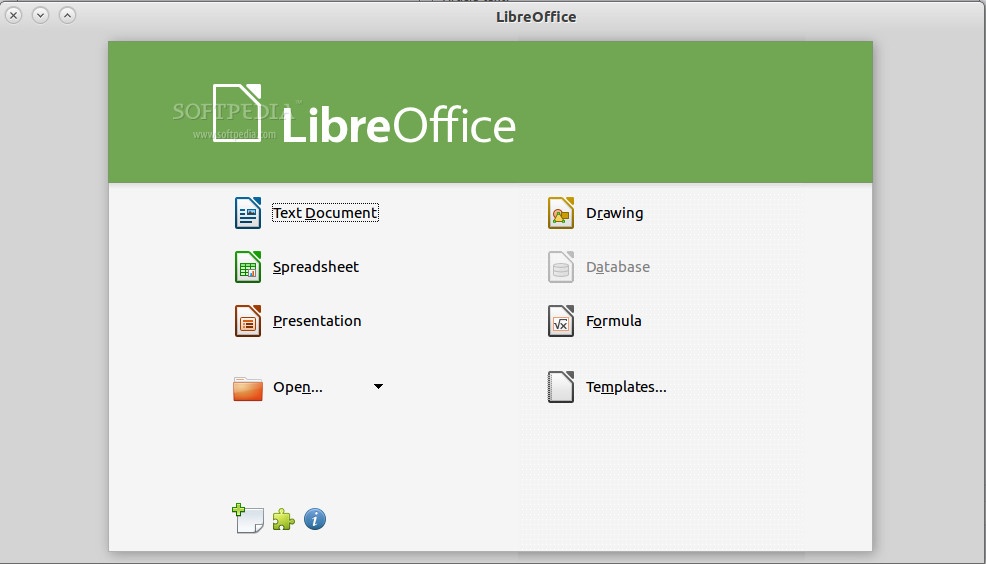

I stopped using Word years ago and I find it a major defect in any product that its use, as a general or generic capability for a task set, is restricted to specific proprietary products from third parties (in this case, two of the largest vendors in this market: Microsoft and Apple).

One impediment for me in doing so is the dilatory effort at creating this plug-in or driver for OpenOffice, or any other word processor (other than Apple’s product) than Microsoft Word. I just received your email for upgrading to X4 (from X3 in my case). For more details (on this very old bug) see:įortunately this isn’t too much of a problem since the extension mapping is pretty reasonable.I’ve been a licensed user of EndNote since v.2 Then this will load in calc even though the -writer option was given. The application it will use (writer, calc, math …) will depend solely on the extension of the filename and will ignore any options you give it. One annoyance to note is that if you get soffice to load a file by doing: $ soffice $ You’ll see there are different switches which allow you to start a text document, a spreadsheet etc.

Now you can do stuff like: $ soffice -help $ ln -s /Applications/\ 2.0.app/Contents//program/soffice. by symlinking into ~/bin or /usr/bin: $ cd ~/bin I’ve got the standard X port of OpenOffice 2.0 installed, so if you have something different you may need to change the path to soffice given below (to find soffice on your machine try from the command line $ locate soffice):įirst let’s make the script that starts openoffice available in a convenient way e.g. This is a simple hack to enable you to start OpenOffice and, more importantly, open documents with it from the command line.


 0 kommentar(er)
0 kommentar(er)
